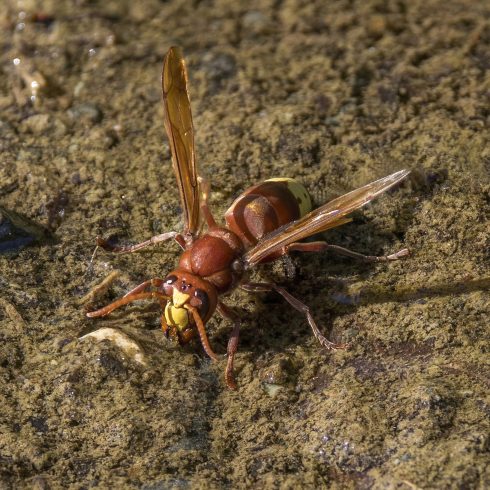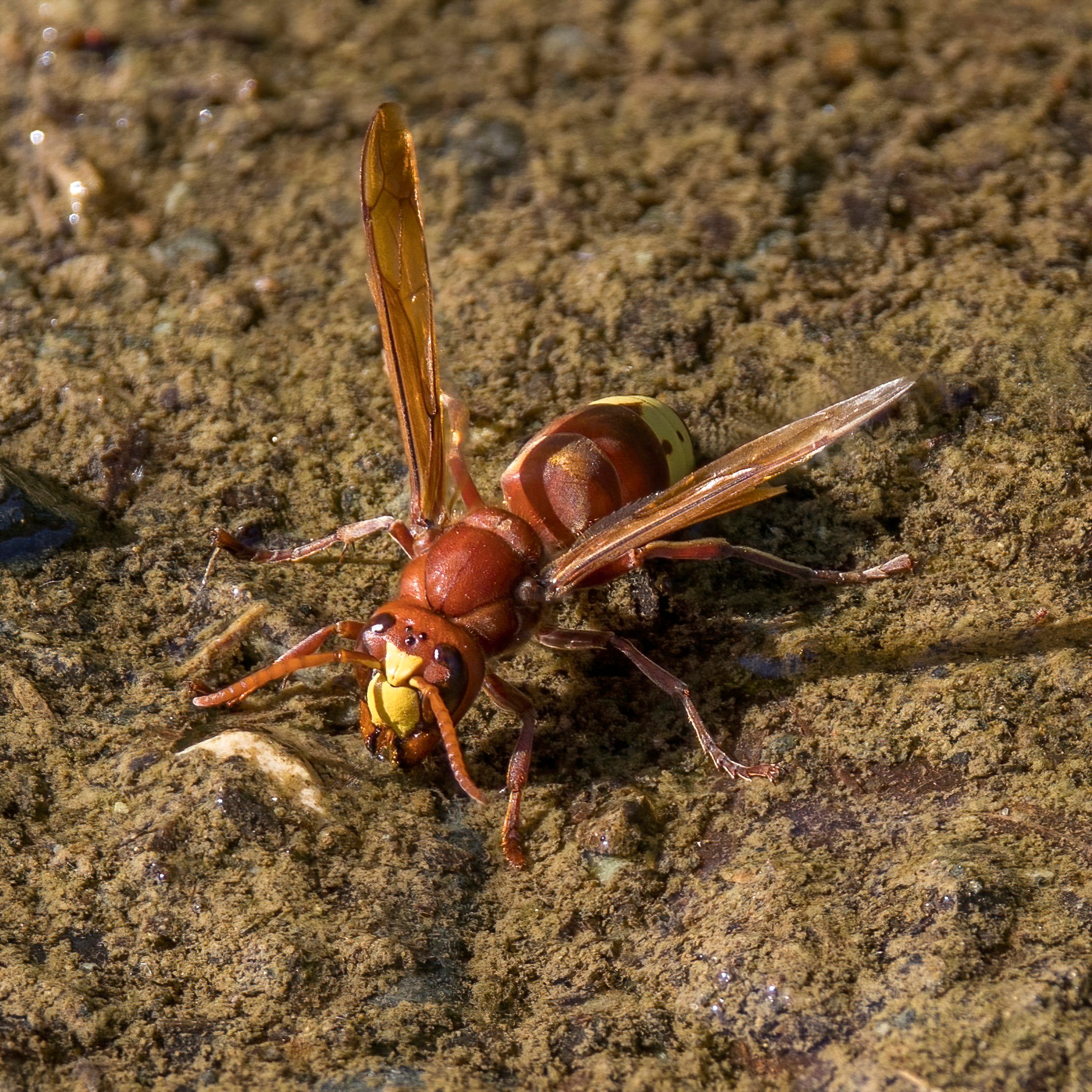SPAIN is losing its decade-long war on the vespa velutina, also known as the Asian hornet – and even occasionally the ‘murder hornet’.
It arrived in Spain from France in 2010, when 17 nests of the invasive insect were detected in Galicia alone.
Fast forward to 2022, and numbers had shot up to 22,200. This marked an increase by one third on just the year before.
And for 2023, hornet nests are up a massive 60%, with as many calls received this year as in all previous years combined, according to the Galician regional government.
Attacks have been reported as far south as Estepona on the Costa del Sol.
And the giant wasps, which grow to round two inches long (5cm), do live up to their nickname. They killed a 54-year-old beekeeper in Santiago in May 2020 when one stung him on the eyebrow.
The victim reportedly discovered the hornets’ nest while tending to some of the beehives near his home.
A fellow beekeeper discovered him lying close to the hive and called the paramedics, but it was already too late.
That same month, a 73-year-old man died after a swarm attacked while spending a day out in the countryside with his wife in nearby Pontevedra.

A medical helicopter was summoned and medics spent 45 minutes trying to revive him to no avail.
Over the last 20 years, a total of 78 fatalities due to hornet, wasp, and bee stings were recorded in Spain, according to a report in the Academy of Veterinary Sciences of Galicia.
The spread of hornets doesn’t just threaten people’s lives, it also hurts their livelihoods through the damage the insect does to honey, wine, and fruit production.
And measures to combat their spread with traps and poisons also harm Spain’s biodiversity through the collateral damage they inflict on other insects.
“The spread of the hornets is still expanding, and has not reached its peak yet,” Mariam Ferreira from the University of Santiago, told El Pais.
“Only 5% of the insects killed in traps are velutinas, and this poses a significant problem for biodiversity. Unquantified damage is being caused, and it is not insignificant.”
Ferreira estimates that Galician beekeepers spend about €2.7 million a year combating this massive bee predator.
Mesh screens are placed at the hive entrances to prevent the invasive insects from entering, or entire apiaries are covered.
Electric harps are placed among the swarms, and sometimes the hive residents are artificially fed.
Some have even resorted to a Trojan horse tactic, capturing a velutina, amputating its hind leg, and dousing its abdomen with poison.
It is released, assuming it will return to the nest due to its injury, and it is believed that it will spread the toxic substance among its fellow insects when they clean it.
“This method should not be used because there is no guarantee that the wasp will return to the nest, and it may spread the poison elsewhere,” warns Ferreira.
Another vet and hornet expert, Xesus Feas, has warned that the killer insect is ‘everywhere’ in Galicia. “There is no need to panic,” he reassures.
“But we must be aware that [this plague] is not just a problem for bees; it is a health and environmental problem and a challenge for emergency services.”
READ MORE:
- ‘Highly toxic’ Asian hornet found in garden in Spain’s Andalucia: Health officials launch hunt for its ‘primary nest’ while warning residents to avoid invasive species
- PUBLIC HEALTH ISSUE: British expat suffers horrific hornet attack in Spain’s Costa del Sol










